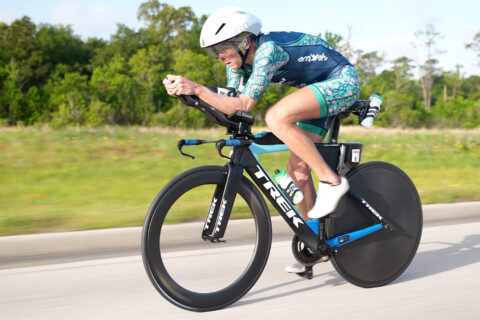
11 // Coaching Masters Athletes
Training mistakes are costly for masters athletes. Coaches who are savvy to aging position their clients for a lifetime of performance.

Training mistakes are costly for masters athletes. Coaches who are savvy to aging position their clients for a lifetime of performance.

As athletes get older, hormone levels shift, disrupting how the body manages glucose and insulin and inviting a slow creep of excess weight.

Today’s athletes need to discern whether changes in body composition are just part of getting older or if the body is becoming intolerant of carbohydrate.
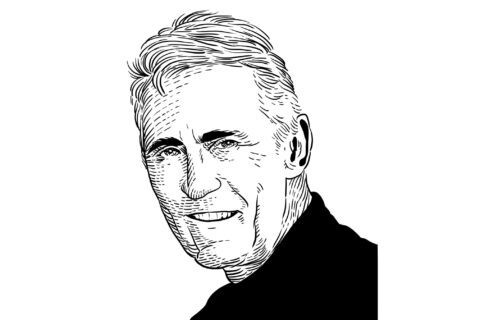
The OG of endurance sports coaching shares how bike racing and life have changed since he turned 70—and what you have to look forward to.
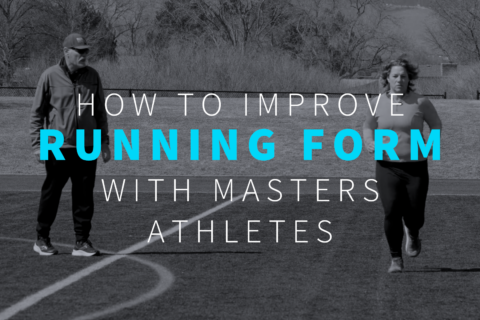
Bobby McGee helps pro runners and triathletes find speed with improved running form, but these performance gains are for all ages.
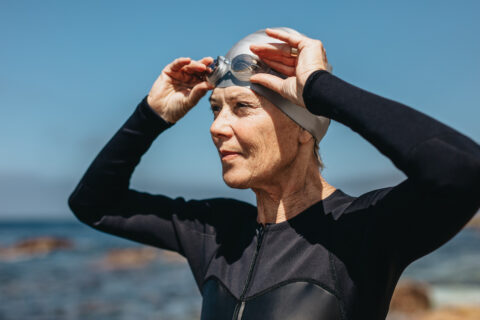
As a latecomer to the competitive running scene, Cathy Utzschneider knocked out top results as a masters athlete while also coaching 75 USATF age group champions. She shares her experience on how best to remain engaged and open to what’s next.
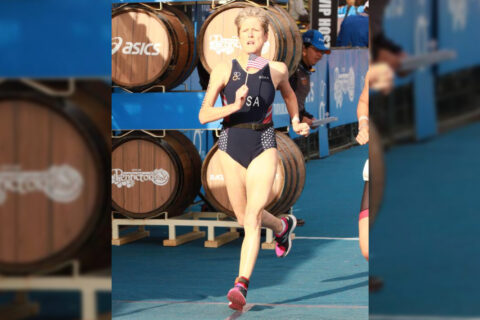
Cathy Utzschneider took up competitive running after age 40 and quickly made up for lost time, racking up nine USATF national age group championships (including track, road, and cross-country), a silver medal at the Nike World Masters Games, and a gold medal at the North American World Regional Championships.
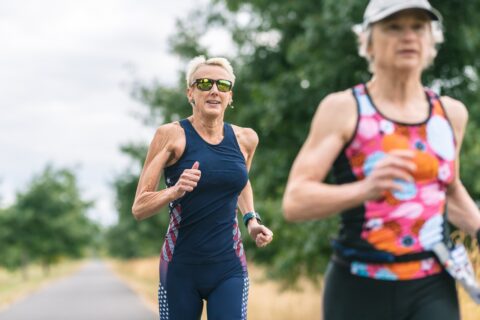
Coach Trevor Connor outlines how coaches and masters athletes can better address the physiology and psychology of aging in their training.
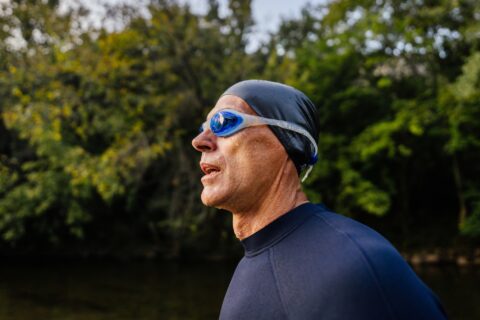
A growing wave of masters athletes is making the case that older athletes have a lot to look forward to as they age. Here’s what science has to say about physiology and performance as we age.
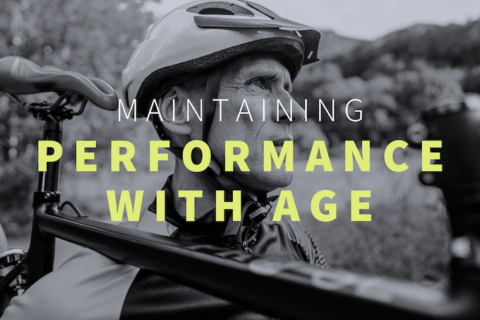
In this video, Joe Friel highlights three key factors for coaches to focus on to ensure their aging athletes remain fit and well.